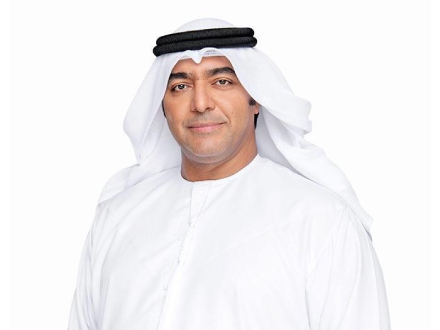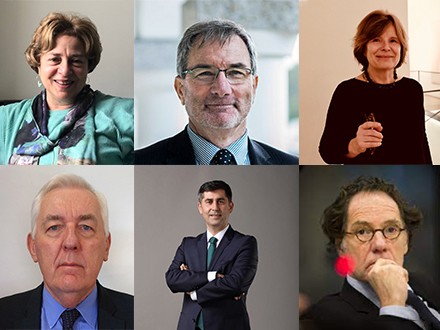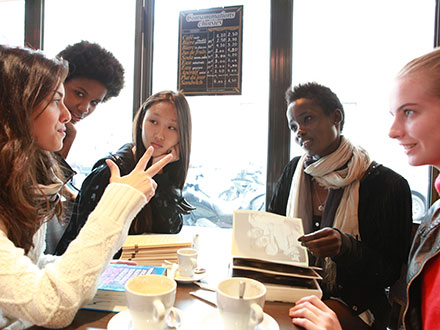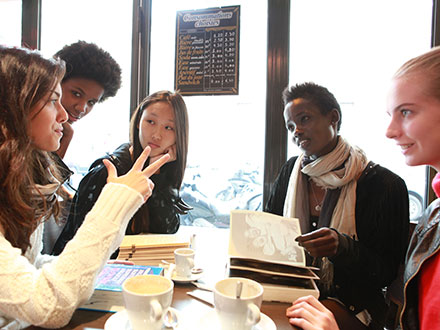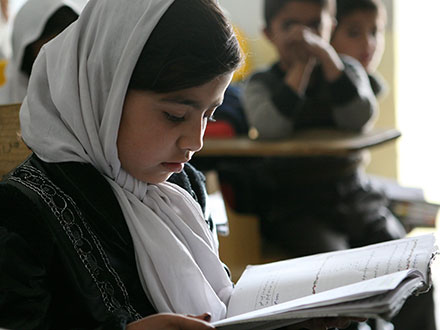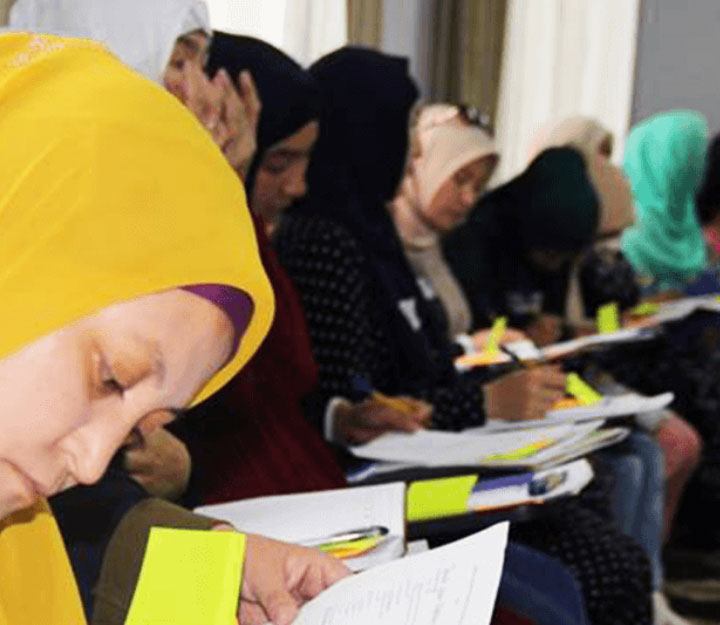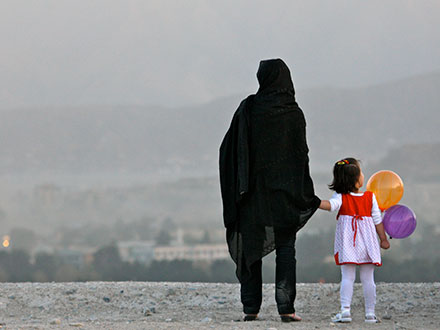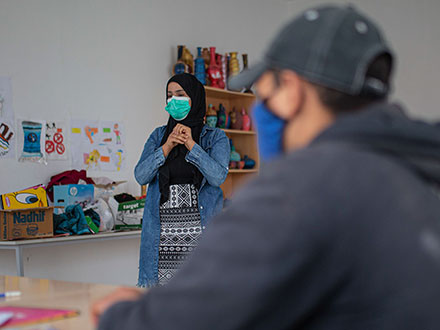International Advisory Board
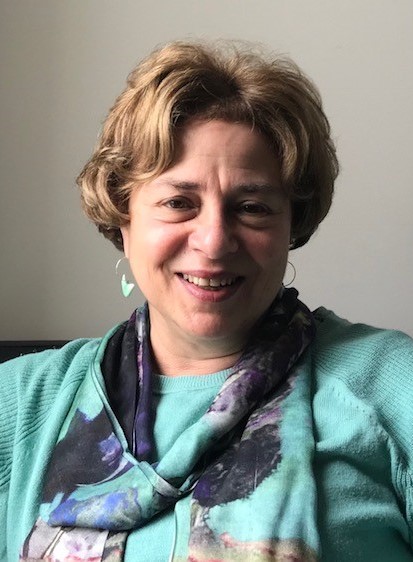
Michele Grossman
Professor Michele Grossman has led academic research on preventing and countering violent extremism for over a decade, in particular through her roles as Director of the Centre for Resilient and Inclu…
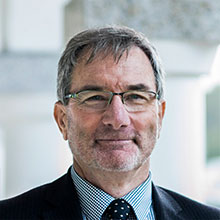
Paul Spoonley
Distinguished Professor Paul Spoonley was, until 2019, the Pro Vice-Chancellor of the College of Humanities and Social Sciences, Massey University, New Zealand. He retired from Massey University in Ap…
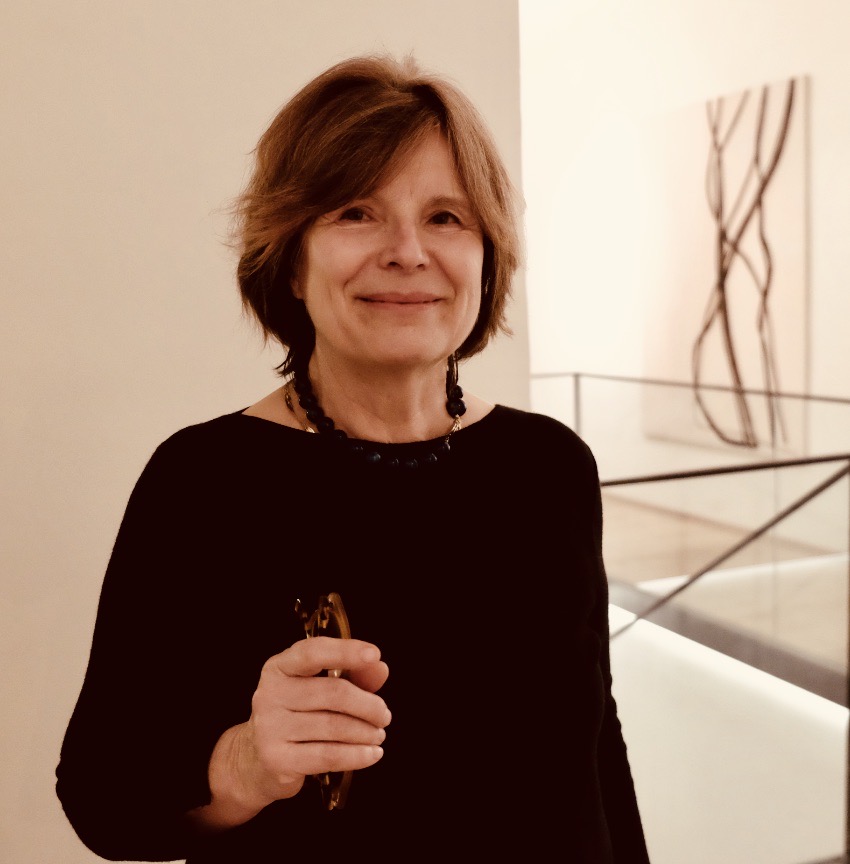
Dr Edit Schlaffer
Dr Edit Schlaffer, a social scientist and trained psychoanalyst, founded Women Without Borders in 2001 with a view to building up the competence and confidence of women to effect positive social chang…
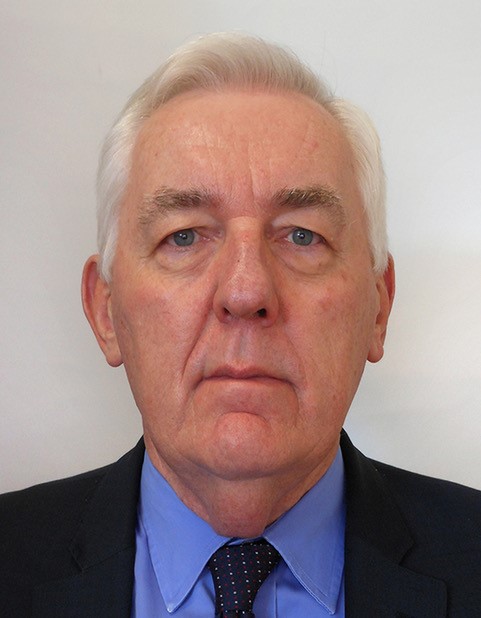
Paul Foley
Distinguished former Australian diplomat with extensive experience in national security and foreign policy issues, including counter-terrorism and countering violent extremism. As Ambassador for Co…
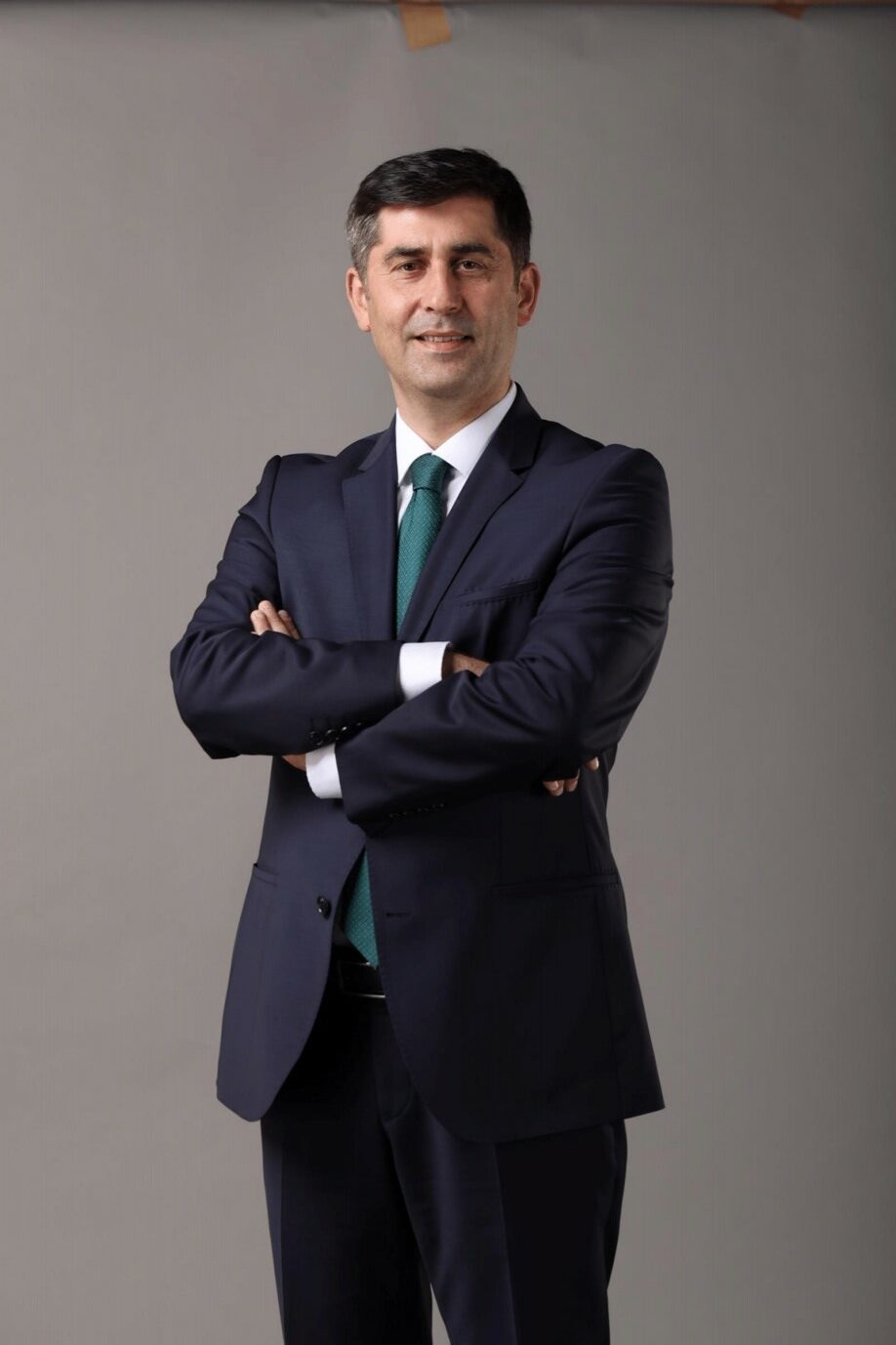
Professor Murat Yeşiltaş
Professor Murat Yeşiltaş completed his BA and MA at the Department of International Relations of Sakarya University, in 2003 and 2009, respectively. He earned his PhD at the Department of Political …
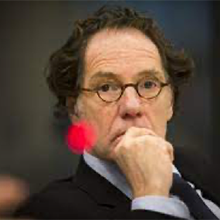
Peter Knoope
Peter is an expert on counter-terrorism. During his work in diplomatic missions, he has led on conflict resolution, security, counter-terrorism. humanitarian assistance, migration patterns and grass-r…

Andrew Glazzard

Laila Bokhari

Ilwad Elman


